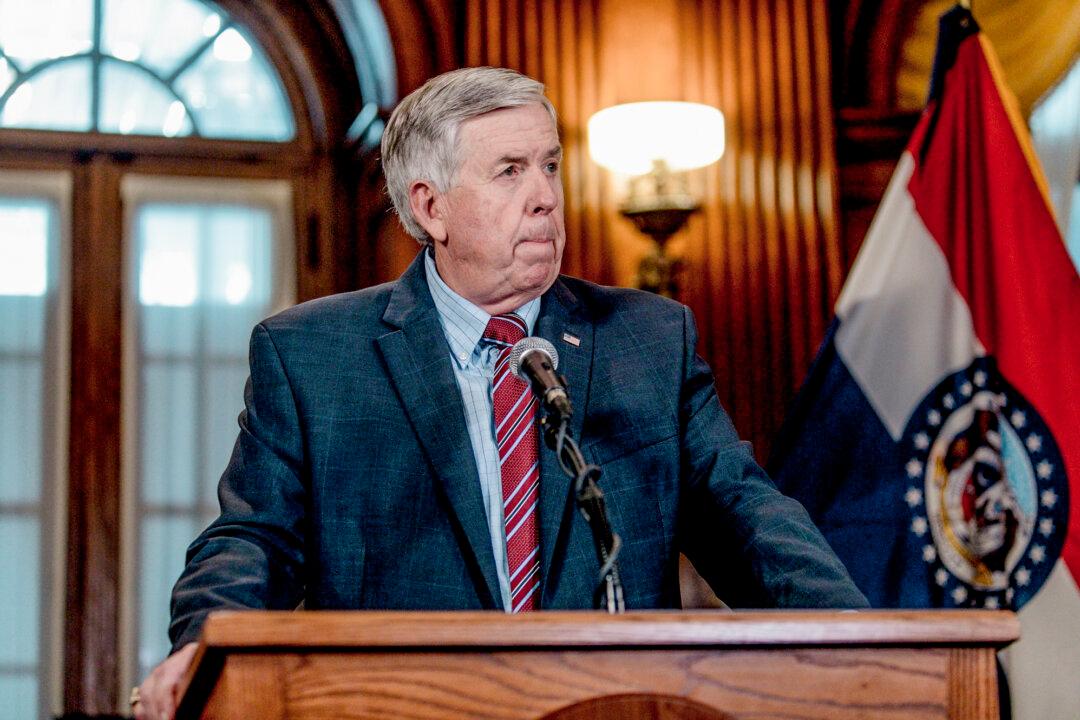Missouri Gov. Mike Parson announced this week that the state will deploy up to 200 of its National Guard soldiers and 22 state highway patrol troopers to support operations in Texas to secure portions of the U.S.-Mexico border.
In a statement on Feb. 20, the Republican governor said he witnessed “a crisis” that is directly fueling America’s drug crisis.





